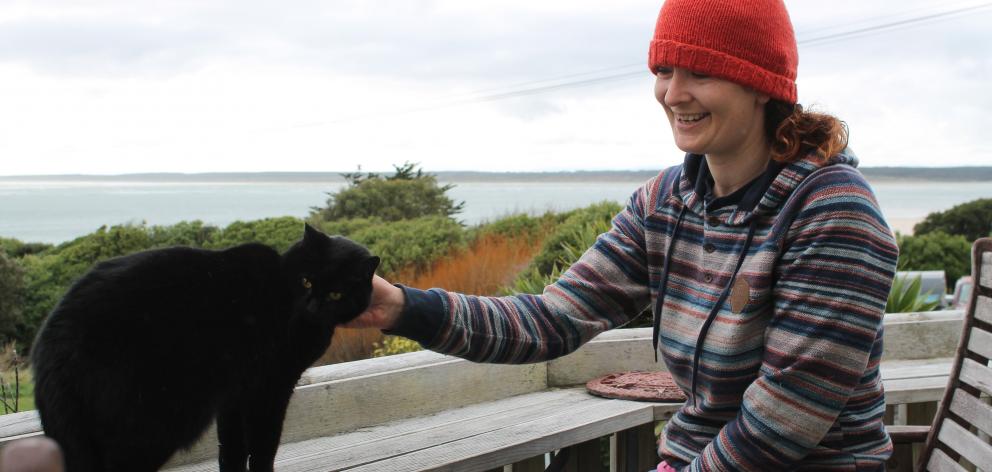
A small Southland community is padding up to be a battlefront in the fight between what some will see as the nanny state gone mad and individual choice.
Perhaps it is time to ban cats from towns, cities or parts of the country where native birds and animals are most in need of protection? Or perhaps elected officials should slink away, tails between their legs, at even the merest suggestion of cat control?
On this issue, there is unlikely to be much middle ground. Views will be sharply divided by a line clawed in the sand.
Politicians know to their cost the dangers of coming between people and their pets, or perhaps, more accurately, voters and their pets. The animal-loving constituency is very large, spread right across the country, and it would be a brave politician who dared to meddle with the voting public’s rights to own cats or dogs.
Omaui, about halfway between Invercargill and Bluff, is, according to the Omaui Landcare Charitable Trust, a "high-value conservation area", one which would benefit from the removal of all cats.
Trust chairman John Collins says he has seen native birds "ripped to pieces" on his front lawn by cats and that the beauty of such a community is people can still live peacefully and enjoy birdsong.
However, resident Nico Jarvis is already threatening not to play by Environment Southland’s proposed rules to make Omaui cat-free by banning new domestic cats under its regional pest management plan.
Ms Jarvis is mindful of the sizeable rodent problem in the area and says without cats, her house, and presumably those of her neighbours, would almost become uninhabitable.
The plan suggests Omaui cats should be neutered, microchipped and registered with the council, and that, when an owner’s cat dies, it is not to be replaced. Non-compliance would involve a warning notice to the owner to remove the cat or, failing that action, a "last resort" seizing of the animal by the council, at the owners’ cost.
Cats in conservation areas do present a conundrum. But it is probably naive to think purging a settlement of its felines will be the silver bullet to protect all native birds.Perhaps, as one letter writer to the ODT suggests below, the council should also prohibit all weed spraying at Omaui and ban the use of chainsaws to ensure all trees remain standing and nests and tree-borne food sources are safeguarded?
Would there be some merit in capping the number of domestic cats living in the area? Or finding some way of better controlling their wanderings? Microchipping and neutering are also sensible ideas.
However, getting rid of pet cats completely would seem to be an extreme measure, particularly as cats do help keep rodents and other predators, which may also kill native birds, at bay.
You can be certain a ban on cats would be extremely difficult to enforce.
Not only that, but it would be an extremely good approach to rubbing up your community the wrong way.












